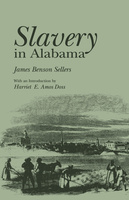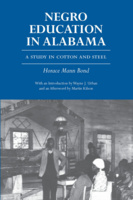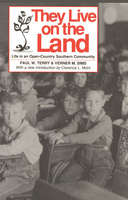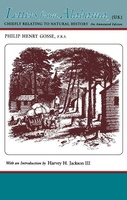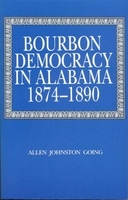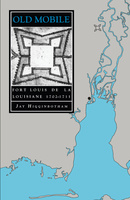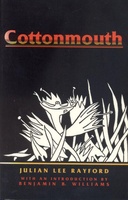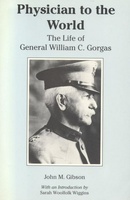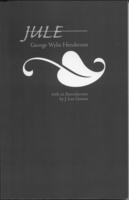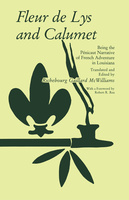Party Politics in Alabama from 1850 through 1860
Lewy Dorman’s Party Politics in Alabama From 1850 Through 1860 reveals the flow of political events and the people behind these events during the critical decade preceding the Civil War.
Slavery in Alabama
Twenty-Five Years in the Black Belt
Adventures of Captain Simon Suggs
Late of the Tallapoosa Volunteers; Together with Taking the Census and Other Alabama Sketches
They Live on The Land
Life in an Open Country Southern Community
Letters from Alabama
Chiefly Relating to Natural HIstory
With the skills of a scientist and the temperament of an artist, Gosse set down an account of natural life in frontier Alabama that has no equal. Written to no one in particular, a common literary device of the period, the letters were first published in a magazine, and in 1859 appeared as a book. By that time Gosse was an established scholar and one of England’s most noted scientific illustrators.
The Third Door
The Autobiography of an American Negro Woman
Bourbon Democracy in Alabama, 1874–1890
The Butterfly Tree
Old Mobile
Fort Louis de la Louisiane, 1702-1711
The highly praised, landmark history of the founding of Mobile
Cottonmouth
Originally published in 1941, Cottonmouth is an Alabama novel like no other in its evocation of the sights, sounds, and smells of the city of Mobile, and in its depiction of a young boy growing up in the Deep South during the early 20th century. Highly autobiographical, the book is, in a real sense, two stories in one: the biography of a boy from his earliest memories through high school, and the life of a city in the years between the two world wars.
Rachel's Children
Rachel’s Children, originally published in 1938 by Harper & Brothers, is a powerful story about a woman of immense psychological and spiritual presence attempting to work her way amidst structures of power, property, authority, and genealogy in a world of laws and of other regulations created, interpreted, and administered by men.
Physician to the World
The Life of General William C. Gorgas
Physician to the World is a study of the career of William Crawford Gorgas, whose expertise in combatting yellow fever and malaria was intrumental in Walter Reed’s massive cleanup of Havana and, later, the building of the Panama Canal.
Company K
This book was originally published in 1933. It is the first novel by William March, pen name for William Edward Campbell. Stemming directly from the author's experiences with the US Marines in France during World War I, the book consists of 113 sketches, or chapters, tracing the fictional Company K's war exploits and providing an emotional history of the men of the company that extends beyond the boundaries of the war itself.
Fort Toulouse
The French Outpost at the Alabamas on the Coosa
In addition to discussing geopolitical and military affairs and diplomatic relations with Indian chiefs, Thomas describes daily life at the post and the variety of interactions between residents and visitors.


